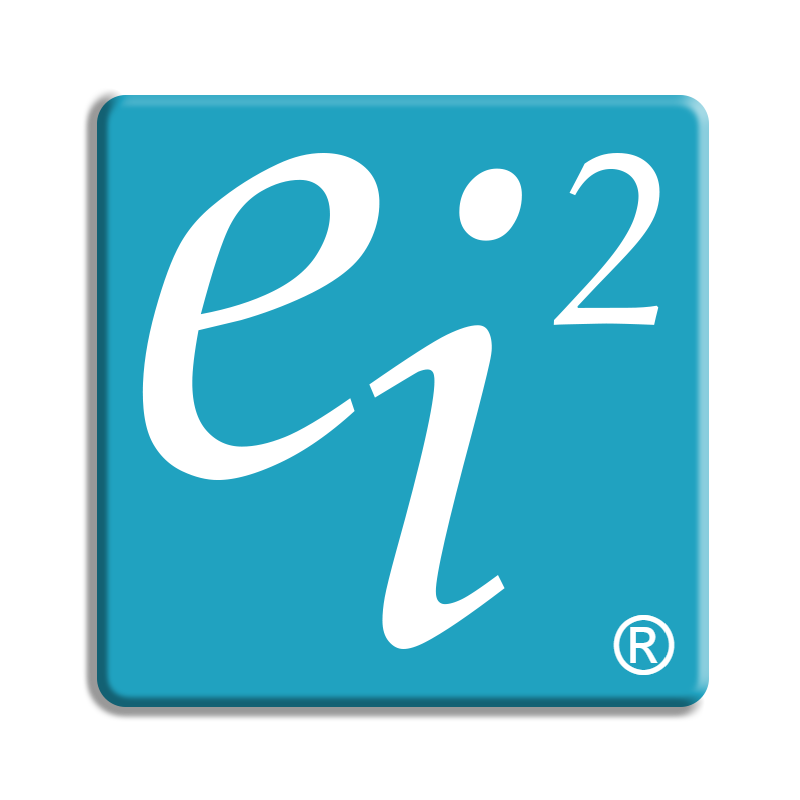Discover how UK construction firms are using predictive resource allocation to overcome skilled labour shortages, Brexit complexities, and tight profit margins. Learn how centralised systems and AI-driven forecasting can transform your project delivery, with real-world examples showing 30% equipment utilisation improvements and £42,000 annual cost savings.
A guide to effective vendor management
How big data can revolutionise the education system
Big data lies at the heart of making data-driven decisions. Datasets that satisfy at least three of the five V’s (Volume, Velocity, Variety, Veracity, and Value) can be characterised as Big Data. As educational institutions race to be kept abreast of technological advancements, they are inundated with big data on a day-to-day basis. Big data holds immense potential for educators, offering insights to personalise learning, identify struggling students, enhance teaching methods and improve overall educational outcomes. However, successfully implementing and benefiting from it requires careful planning and execution. This blogs explores the various opportunities and limitations of big data in the context of education sector. Furthermore, it provides clear and actionable steps to get started on your big data journey.
How tenancy support reduces the risk of rent arrears?
Tenant satisfaction is one of the most important parts of being successful in the social housing industry, as it often leads to a higher CSAT (customer satisfaction score) which alone has numerous benefits outlined in some of our previous blogs. However, in order to ensure that your tenants are satisfied, active involvement from your organisation is necessary.
The Rise of the Augmented Consumer
Data is the fundamental requirement to accurately mapping out your customers’ journey. Without access to data, the most your company could do would be to make unsound speculations about your customer’ journeys, as with no hard evidence, accuracy would be compromised. However, having a solid foundation of data helps you to precisely determine the path your customers take to reach your services, and allows you to learn about their basic needs, tendencies, interests, and more.
Driving new revenue streams with data analytics
In order to both acquire and retain customers, it is integral that businesses harness the insights of their customer data in order to make precise business decisions. This process is commonly regarded as data monetisation. In today’s society, however, possessing only one or two sources of revenue is sometimes not enough to support a fully fledged business. It is thus important that your business uses data analytics to expand its niche by providing new services, which will ultimately result in increased streams of revenue as well as funds. In this blog, we will discuss the importance of generating new revenue streams through data analytics and some steps you can take to perform this.
Customer Analytics
Data provides an intricate understanding of your company's audience. Organisations often collect consumer data to gain a clearer image of their customers' behaviour, as well as to define the general demographics of their clients. Furthermore, freely accessible data makes it significantly easier for the company to strengthen the link between them and its clients. When a business becomes more familiar with the demographics as well as profiles of its clients, the company can make real-time changes to the business to fit customers' needs and thus, improve the overall client experience.
Manual VS Automated Processes
Every business generates endless volumes of data each day. Data is used to track information related to the quality of your product or service, safety, efficiency, customer satisfaction, and productivity. Despite the importance of accurate and complete data, entering and collecting critical information is often entrusted to manual methods like spreadsheets.









